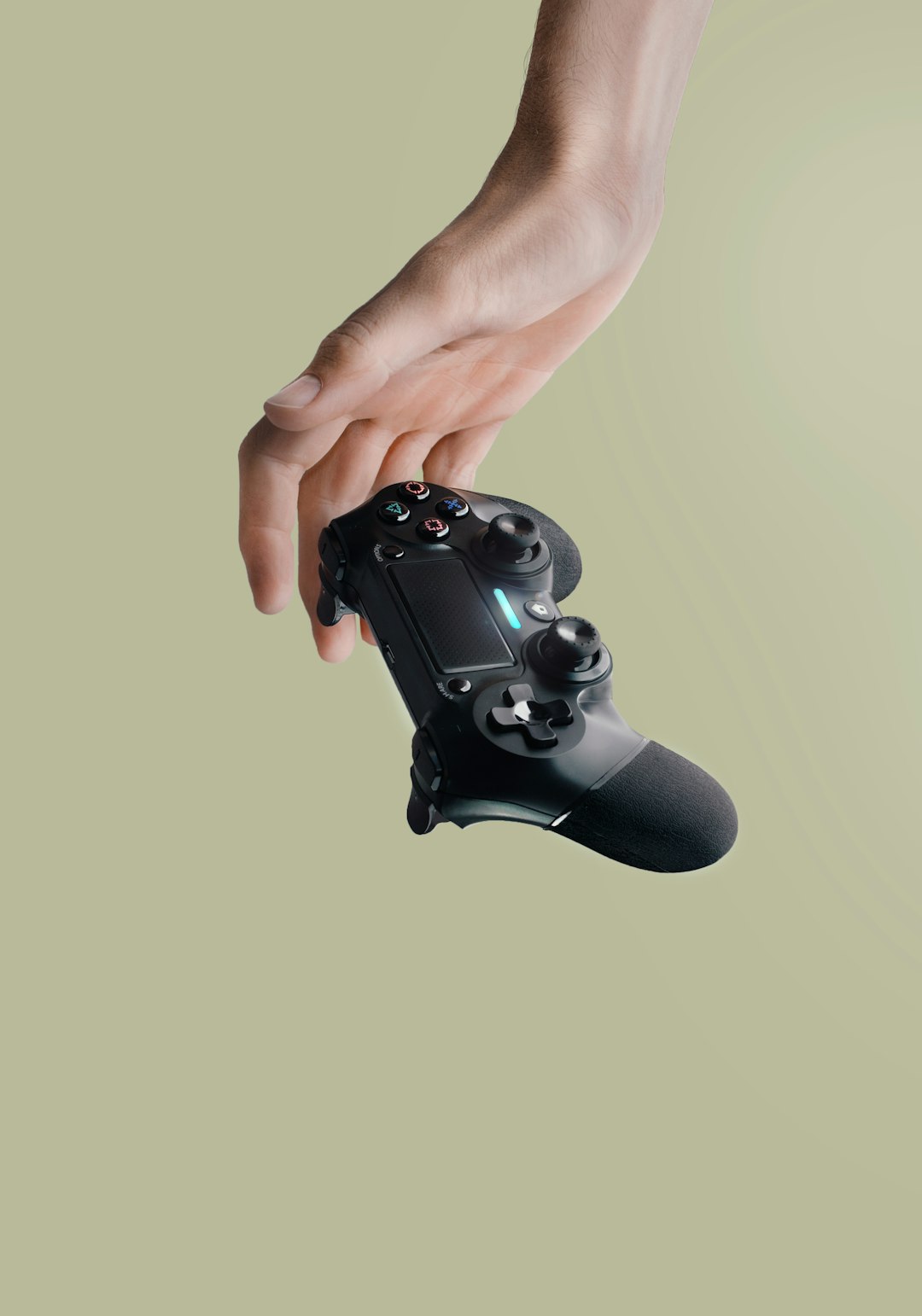In today’s digital age, gaming has become a popular pastime for people of all ages. Whether it’s playing on a console, computer, or mobile device, gaming has the ability to captivate players with its immersive graphics, engaging storylines, and challenging gameplay. One aspect of gaming that often goes unnoticed is its impact on hand-eye coordination.
Hand-eye coordination refers to the ability of the eyes to guide the hands in performing a task. It is a crucial skill that is used in everyday activities such as writing, typing, driving, and playing sports. Gaming requires players to use their hands to manipulate a controller or keyboard while also processing visual information on the screen. This constant interaction between the eyes and hands can help improve hand-eye coordination in players.
Numerous studies have shown that gaming can have a positive impact on hand-eye coordination. One study conducted by researchers at the University of Toronto found that playing action video games can improve a person’s ability to track multiple objects moving at high speeds. In the study, participants who played action games for just a few hours a week showed significant improvements in their visual processing and hand-eye coordination skills compared to non-gamers.
Another study published in the journal Nature found that playing video games can actually enhance the brain’s ability to process visual information. The researchers used brain imaging techniques to show that gamers have more efficient neural networks in the brain that are responsible for attention, visual processing, and hand-eye coordination. This suggests that gaming can help strengthen the connections between the eyes and hands, leading to improved coordination skills.
In addition to improving hand-eye coordination, gaming can also help enhance other cognitive skills such as problem-solving, decision-making, and spatial awareness. Many games require players to think quickly, strategize, and respond to changing situations in real time. This constant mental engagement can help improve overall cognitive function and enhance brain health.
Gaming can also benefit individuals with certain neurological conditions that affect hand-eye coordination, such as Parkinson’s disease or stroke. Studies have shown that playing video games can help improve motor skills, coordination, and balance in patients with these conditions. The interactive nature of gaming can provide a fun and engaging way for patients to undergo rehabilitation therapy and improve their physical and cognitive abilities.
Despite the positive impact of gaming on hand-eye coordination, it is important for players to practice moderation and take breaks to prevent eye strain and hand fatigue. Prolonged gaming sessions can lead to issues such as computer vision syndrome, carpal tunnel syndrome, and repetitive strain injuries. It is recommended to take regular breaks, adjust screen brightness and position, and practice proper hand and wrist ergonomics while gaming.
In conclusion, gaming can have a significant impact on hand-eye coordination and overall cognitive function. The interactive and engaging nature of video games can help improve players’ visual processing, reaction time, and motor skills. Whether you’re a casual gamer or a competitive player, incorporating gaming into your routine can be a fun and effective way to enhance your hand-eye coordination and cognitive abilities. Just remember to play responsibly and take care of your physical health while gaming.
